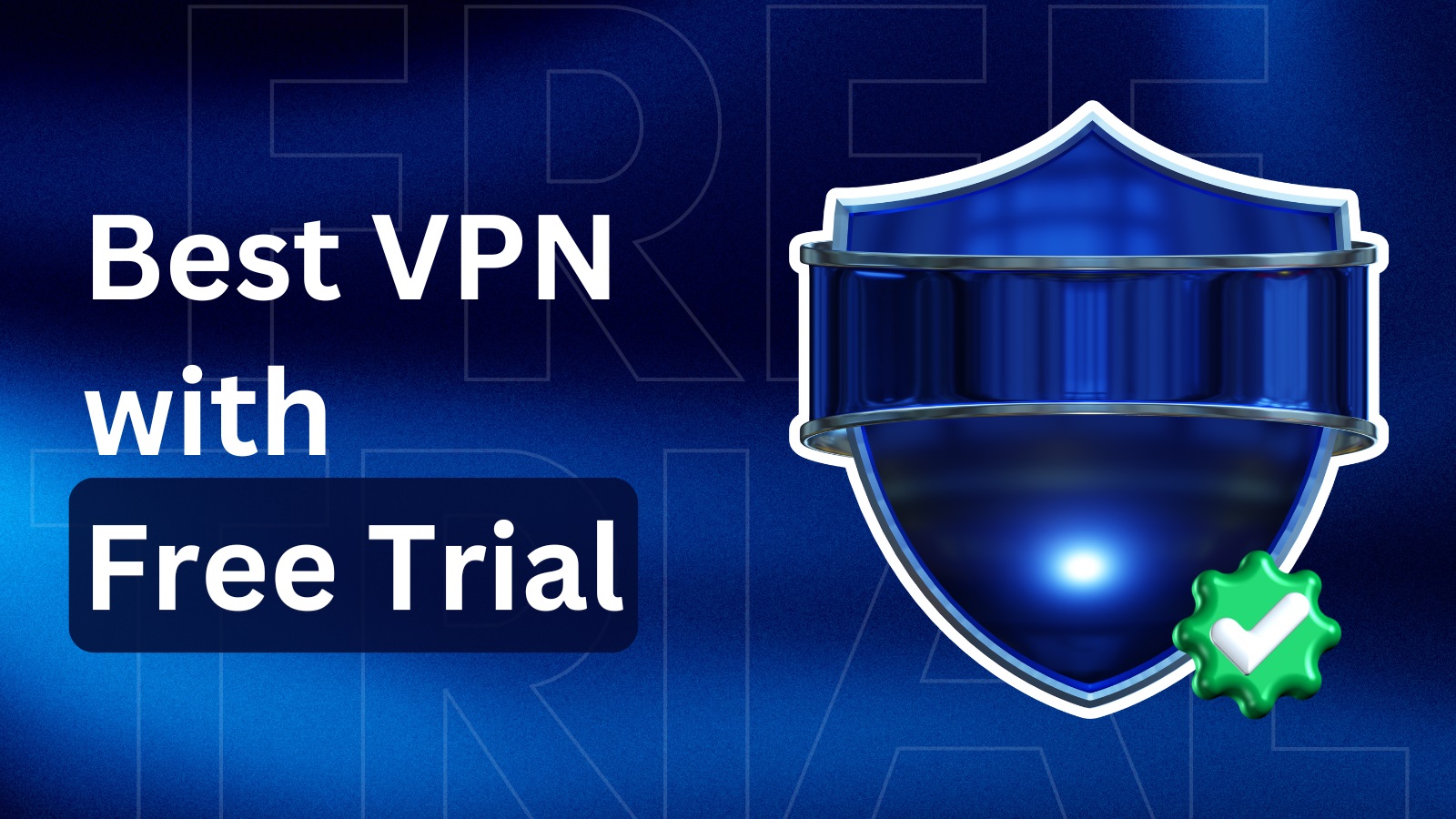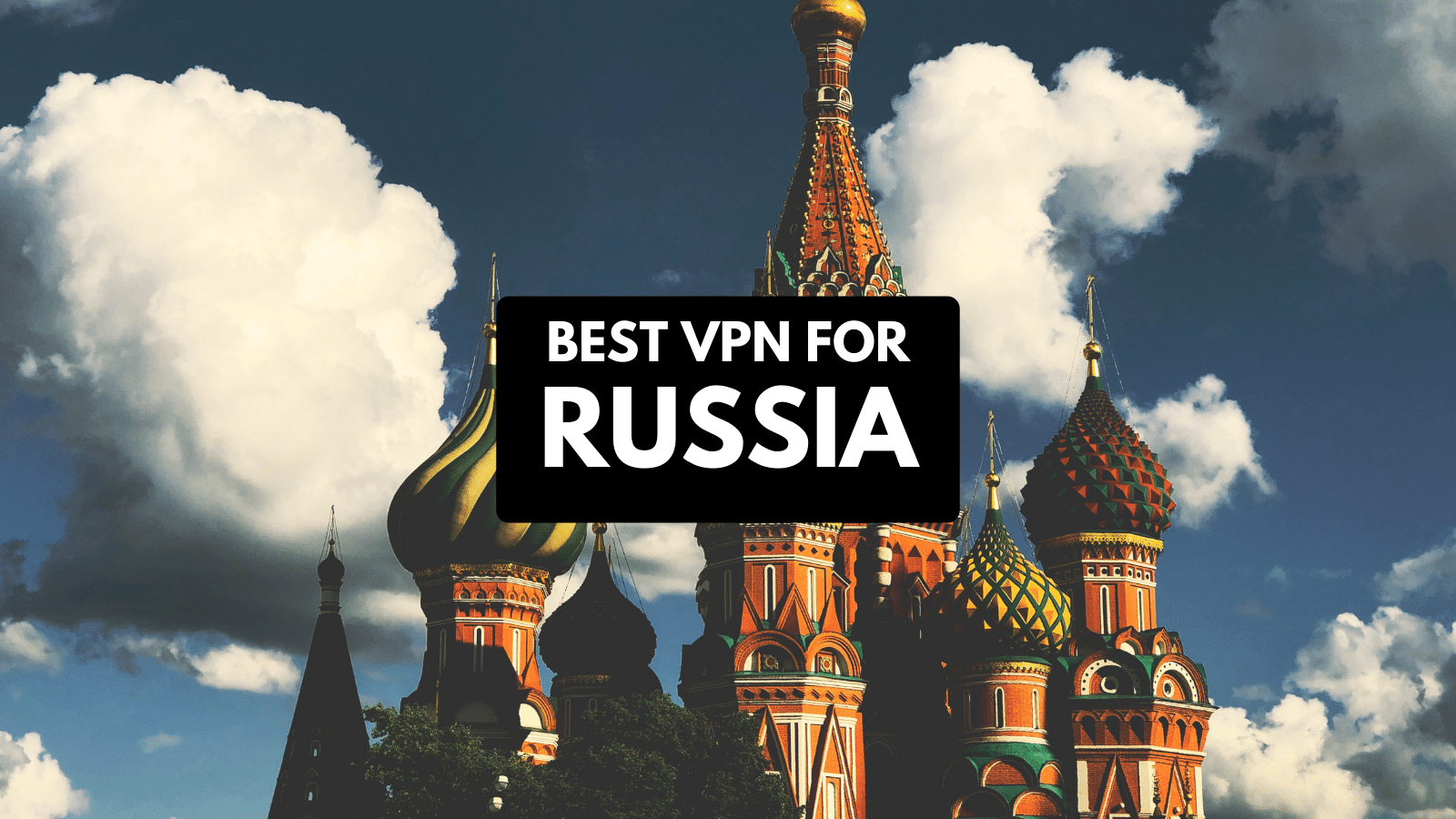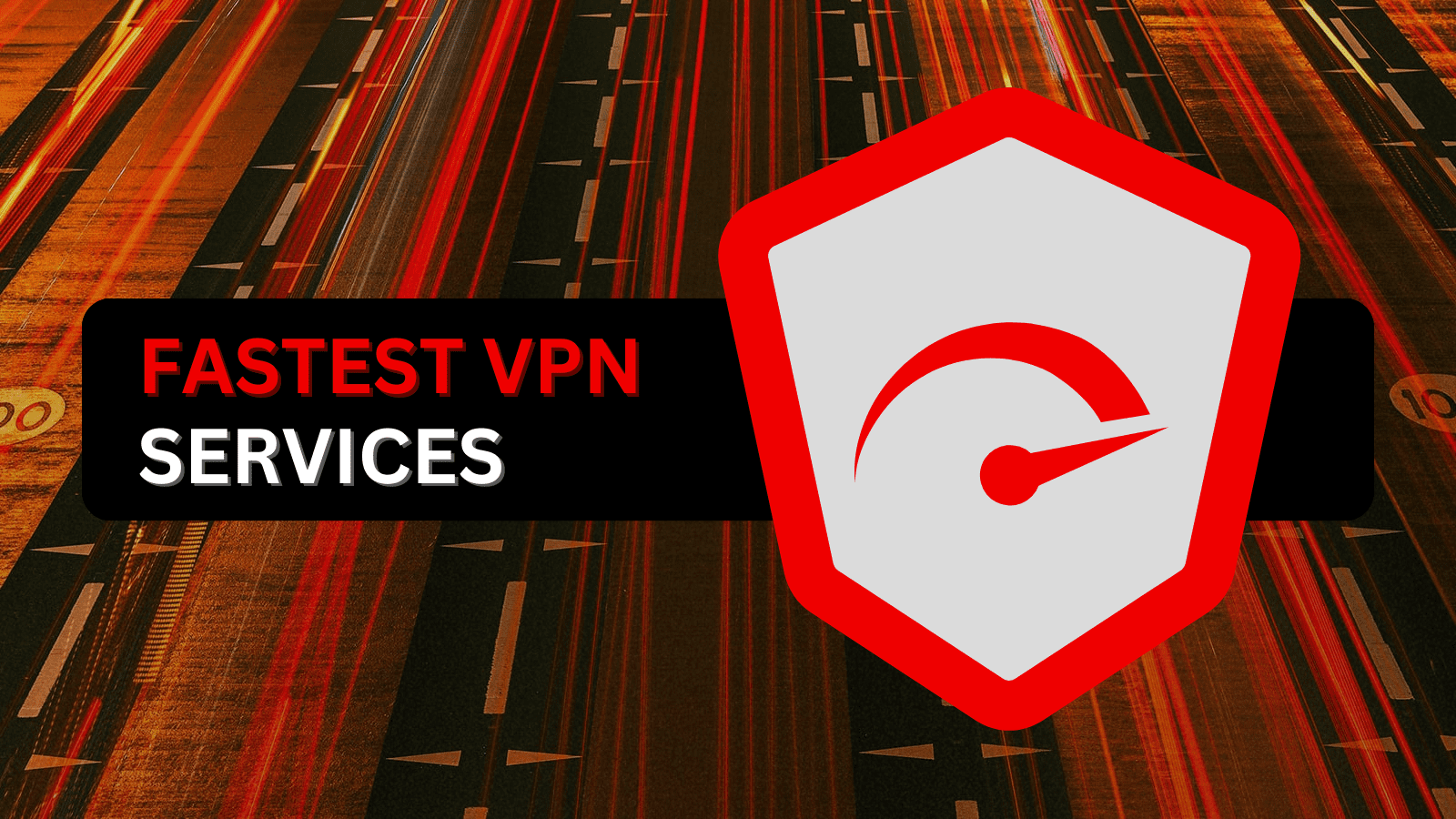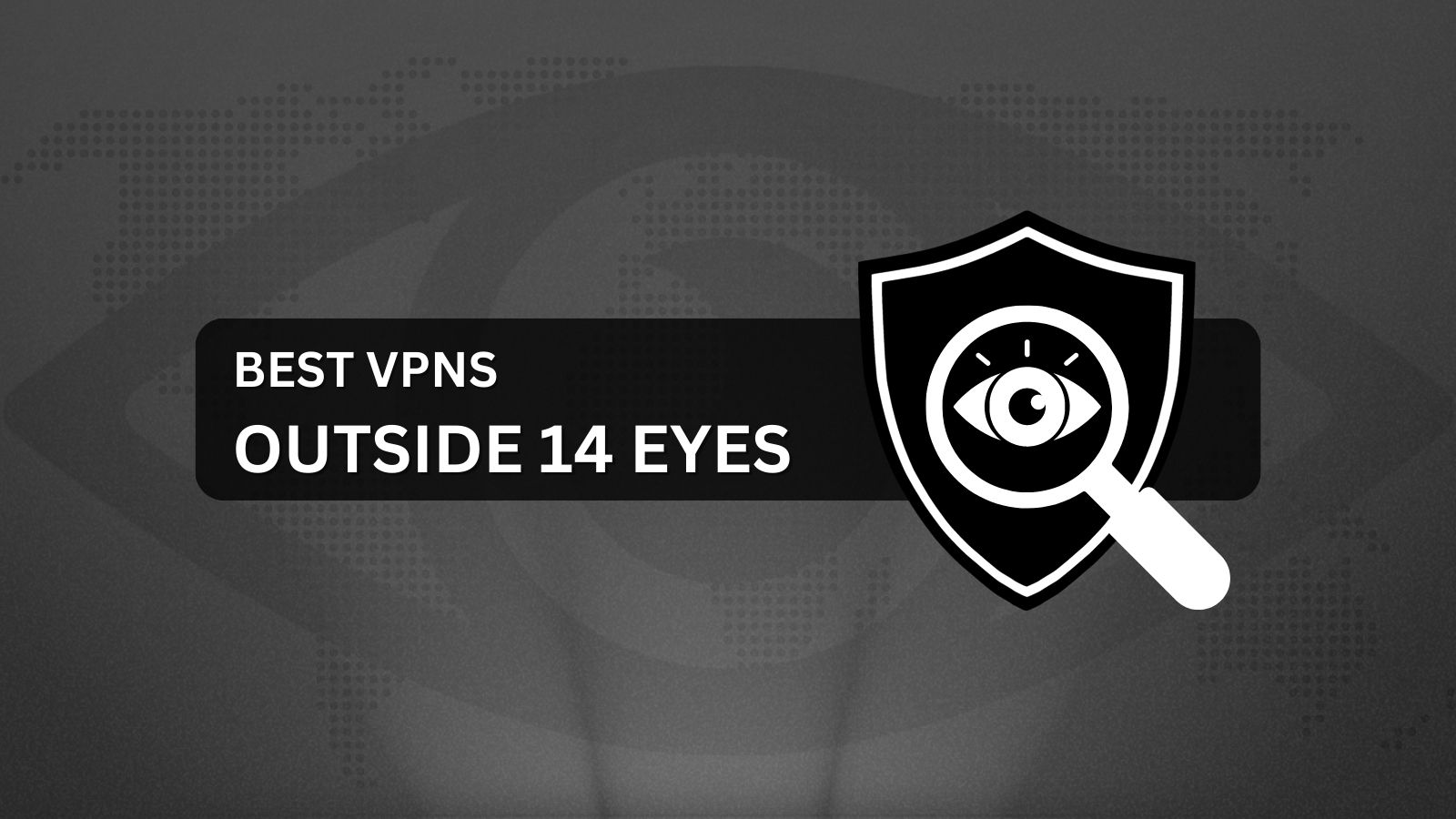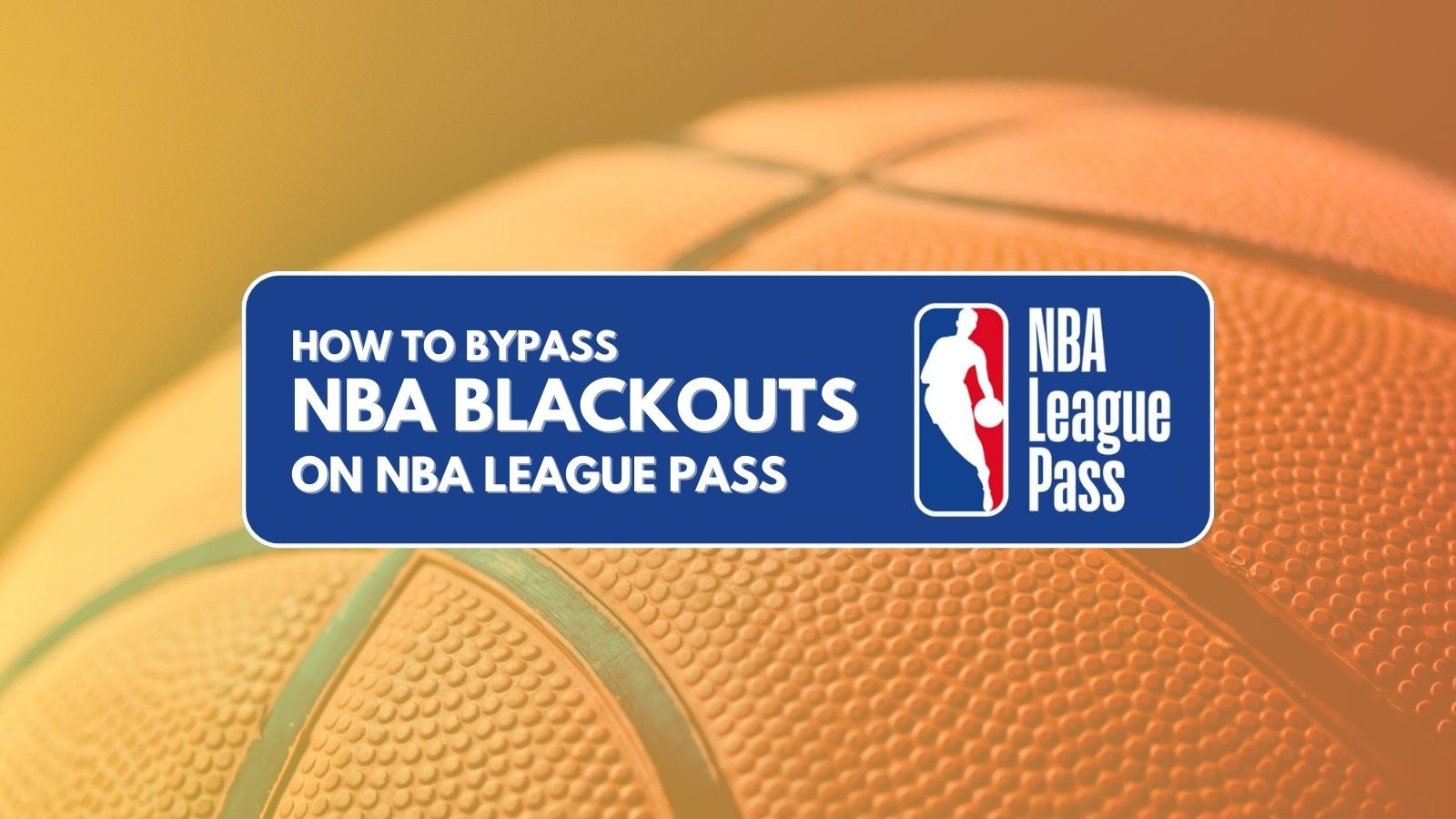When you purchase through links on our site, we may earn an affiliate commission. Here’s how it works.
5 Best VPNs for Carding in 2025
Our experts have reviewed 53 VPN providers, which were put through extensive rounds of testing. To learn more about that process, here’s how we review VPNs, where we explain our criteria and our policy of being fully transparent.
Carding is a form of financial fraud that can have long-lasting consequences. Since it's based on someone stealing credit card information, carding can cause you to lose money and your sensitive data and go through a lengthy process of reporting a stolen card and getting a new one. However, all of that can be prevented by using a VPN to secure your digital transactions.
Once activated, a VPN encrypts your connection. Your incoming and outgoing data will be scrambled and invisible to third parties. So, when you use your credit card online, it will be impossible for anyone to intercept that data or steal your financial information. In other words, a VPN is the best way to protect yourself against card fraud.
In this guide, we'll discuss the 5 best VPNs for carding. We'll also explain why it's essential to use a VPN app, as well as how to use one properly. Finally, we'll explain how to choose the best VPN that aligns with your needs and priorities.
Best VPNs for Carding - Our Shortlist
- NordVPN - Our #1-Rated Best VPN for Carding in 2025
- Surfshark - Reliable Protection Against Carding on Any Device
- ExpressVPN - Best Carding VPN If You Want High-End Privacy
- CyberGhost VPN - Easy-to-Use VPN with Automated Digital Security
- Private Internet Access - Extra-Tough VPN for Experienced Users
Should You Use a VPN to Prevent Carding Attacks?
Being the most effective tool to encrypt your data and hide your sensitive information, VPNs are crucial in preventing carding attacks. They also secure your online payments, hide what you do online, and come with many other benefits - like the following:
- Protection Against Carding Frauds and Theft: The primary purpose of a VPN is to create a secure tunnel for your data, making your sensitive information invisible to anyone else. That includes your credit card info as well, making you much less susceptible to carding.
- Use the Internet Anonymously: Why would you allow anyone to track you online? That applies to your ISP as well, which can see where you browse and what you do online. A VPN will give you more anonymity to do anything on the Web without anyone tracking you.
- Access Your Bank While Traveling Abroad: Of course, you can use your payment cards when traveling abroad. However, you might have issues accessing your bank and making online payments using a foreign IP, which is something a VPN can easily fix.
- Make Financial Transactions Even on Public Wi-Fi: If you didn't know, public Wi-Fi networks are hugely problematic, as most of them collect sensitive information, including financial data. With a VPN, you can encrypt your traffic and use public Wi-Fi safely and securely.
- Access New Payment Services: With a VPN, you can gain access to various digital services, including payment/financial services, typically not available in your country or region. Just connect to a server abroad, and you'll foreign IP will gain full access to new services.
- Sidestep ISP Bandwidth Throttling: Internet providers throttle their customers in an attempt to reduce their costs and minimize bandwidth allocation. However, since a VPN hides what you do online, your Internet provider won't be able to throttle certain activities.
- Get Better Prices When Shopping Online: E-commerce websites use trackers to determine the prices you see on their e-stores. Using a VPN, you can switch to a virtual location with lower prices, which helps you save money when shopping online.
The Best VPNs for Carding in 2025
The best VPN to protect yourself against carding scams should be private, safe, and speedy - which means you need to follow a set of strict criteria. First of all, any top VPN provider should be powered by robust protocols paired with high-end encryption and a no-logs policy. Data leak protection is also needed, as even a split-second leak can put your security and privacy in danger.
Obfuscation is also crucial, which will help you hide your VPN data from anyone. Next, we recommend opting for a VPN with a kill switch, protecting your data even if your VPN connection drops for whatever reason. Also, it needs to have a sizable server fleet, covering as many locations as possible.
Your VPN should not slow you down, which means you'll want one with fast speeds. Naturally, there should be enough simultaneous connections and native apps for any device you might use.
Opt for a VPN with a good price and plenty of value. To protect your purchase, go for a VPN with a generous money-back guarantee. Lastly, play it smart and subscribe to a VPN with 24/7 live chat support.
Based on the criteria explained above, these are the 5 best VPNs to avoid carding fraud in 2025:
1. NordVPN - Our #1-Rated Best VPN for Carding in 2025
NordVPN is the best VPN against carding, featuring a selection of protocols that can protect you from financial theft with ease. We're talking about OpenVPN with AES-256, as well as NordLynx paired with ChaCha20, which is NordVPN's version of WireGuard. A no-logs policy is there as well, verified by third-party cyber-sec companies many times.
NordVPN also protects you against data leaks, crucial for preventing carding scams. As soon as you initialize a VPN session, you can forget about DNS, IP, and WebRTC leaks. One reason for that is the presence of a kill switch, available on practically every device that this VPN supports. NordVPN also offers obfuscation as an extra privacy measure, but it's not available across its entire network.
This VPN will also give you 6,300+ servers in 110+ countries. We'll also praise NordVPN's performance, which is one of the fastest VPNs, regardless of whether you connect to nearby or remote servers.
In addition, all NordVPN subscriptions let you connect from 10 devices at once. Regarding its device and platform support, you can install and run NordVPN on Windows, macOS, Linux, Android, iOS, various media streamers, and even routers.
If you opt for a 2-year plan, you can sign up for $3.09/month. To prove that it has nothing to hide, this VPN offers a 30-day money-back policy. For customer support, there is 24/7 live chat, in addition to installation guides, how-to articles, and more.
PROS
- High-end data privacy and security.
- Independently audited no-logs policy.
- Servers in 110+ countries.
- Works on any device.
- 24/7 live chat support.
- 30-day money-back policy.
CONS
- Not all servers are obfuscated.
2. Surfshark - Reliable Protection Against Carding on Any Device
Surfshark is an unbelievably easy-to-use VPN with stellar features and proactive data protection that works in the background. This VPN is powered by OpenVPN and AES-256 and was one of the first to bring WireGuard with ChaCha20. There's also a no-logs policy, proven true many times in the past via independent audits.
Aside from that, you can count on IP, DNS, and WebRTC leak protection systems. Then, there's a kill switch and obfuscation as well. All that comes fully automated and kicks in as soon as you connect to a VPN server, making Surfshark a great pick for first-time users.
You'll get 3,200+ servers in 100 countries, with multiple locations in most countries. This VPN also has RAM-only servers, which means no hard drives are used. In other words, none of your data could ever reach Surfshark's servers. On top of that, we're talking about a speedy VPN here capable of bringing high-end performance without tinkering.
Surfshark also offers unlimited simultaneous connections, as well as apps for Windows, macOS, Linux, Android, iOS/iPadOS, streaming devices, and even routers. Even though it releases new features quite often, Surfshark still adheres to a simple, uniform design.
Its 2-year subscription is priced at $2.29/month, and you can count on a 30-day money-back guarantee, which means Surfshark comes as a 100% risk-free purchase. In terms of support, 24/7 live chat is on offer, complemented by written resources like tutorials, set-up guides, and more.
PROS
- Servers in 100 countries.
- Unlimited simultaneous connections.
- High-end data privacy.
- Audited zero-logs policy.
- 24/7 live chat support.
- 30-day money-back policy.
CONS
- Can take a while to connect.
3. ExpressVPN - Best Carding VPN If You Want High-End Privacy
ExpressVPN is a hugely capable and highly reputable carding VPN that puts a heavy emphasis on privacy protection. That's because ExpressVPN is powered by OpenVPN paired with AES-256, as well as Lightway, which is the VPN's proprietary protocol. Without any surprise, ExpressVPN offers a no-logs policy, which has been audited many times in the past.
To prevent data leaks, ExpressVPN offers comprehensive protection against DNS, WebRTC, and IPv6 leaks. There's also a kill switch ('Network Lock') designed to shut down your connection if your VPN session becomes unstable. You'll also be happy to hear that obfuscation comes network-wide.
It also features thousands of servers in 105 countries, covering 160+ locations globally. On top of that, we're talking about one of the fastest VPNs available today, with barely noticeable throttling on both nearby and remote servers.
With this VPN, you'll get 8 simultaneous connections, which seems quite generous. Also, this VPN offers simple-to-use and highly optimized apps for any platform imaginable, including computers, phones, tablets, streaming devices, and even routers.
ExpressVPN's annual plan is priced at $6.67/month. Let's not forget to mention that you'll get a 30-day money-back policy, allowing you to test-drive the VPN without any risk. Lastly, 24/7 live chat support is there, with extra-helpful agents awaiting your questions round-the-clock.
PROS
- Protection against carding.
- High-end data privacy.
- Audited no-logs policy.
- Servers in 100+ countries.
- 24/7 live chat support.
- 30-day money-back policy.
CONS
- On the pricier end.
4. CyberGhost VPN - Easy-to-Use VPN with Automated Digital Security
CyberGhost is a long-standing VPN provider known for its sizable server network. However, the basics are also there, of course. Speaking of which, CyberGhost is built upon OpenVPN and AES-256, as well as WireGuard with ChaCha20. On top of that, there's also a no-logs policy, audited just recently.
You also get protection against DNS, IP, and WebRTC leaks, and there's a kill switch as well, designed to work in the background. That said, you won't find obfuscation here, which makes CyberGhost less suitable for those in countries with heavy Internet restrictions.
By subscribing to this VPN, you gain access to thousands of servers in 100 countries. It's safe to say you'll find a nearby server no matter where in the world you find yourself. In terms of its performance, CyberGhost isn't the fastest pick. So, we recommend it to those with a relatively fast Web connection.
CyberGhost also supports up to 7 simultaneous connections, which you can take advantage of through the VPN's native software for computers, phones, streaming devices, routers, and more. Plus, all those apps have a uniform design, and they're very user-friendly overall.
Everything listed above can be yours for $2.03/month (2-year plan). Unlike our other recommendations, this VPN comes with a 45-day money-back guarantee - if you get a long-term subscription. Of course, 24/7 live chat support is there as well, so you won't have to worry about being stuck when (or if) technical problems arise.
PROS
- Protection against carding.
- Audited no-logs policy.
- Automated kill switch.
- Servers in 100 countries.
- 24/7 live chat support.
- 45-day money-back policy.
CONS
- Slower than competition.
- Limited customization.
5. Private Internet Access - Extra-Tough VPN for Experienced Users
Private Internet Access is a highly sophisticated VPN that looks simple on the outside. You get protocols like OpenVPN and WireGuard, but they're paired with customizable levels of encryption, like AES-128, AES-256, and ChaCha20. Aside from that, it has an audited no-logs policy and open-source apps while employing highly transparent practices in terms of data logging.
The possibility of a data leak is practically non-existent when using PIA. That's because it has two types of kill switches, keeping you safe from IP leaks, in addition to technologies that keep DNS and WebRTC leaks away. There's also a feature called PIA MACE, designed to fight against trackers and intrusive digital advertisements. On top of all that, obfuscation is supported as well.
Another benefit of this VPN is that it has thousands of servers in 80+ countries. If you're in the US, you'll be happy to know that PIA is the only VPN with servers in all 50 US states. Because of those high-end features, PIA isn't the fastest VPN around. However, it can be quite fast if you spend some time tinkering with its settings.
On a positive note, you will get unlimited simultaneous connections, as well as apps for Windows, macOS, Linux, iOS, iPadOS, Android, routers, and plenty more. PIA's apps are simple to use out of the box but come with an incredible level of customization.
The lowest you can pay for PIA is $2.03/month (2-year plan). Like any reputable option, this one has a generous money-back policy, giving you up to 30 days to change your mind. And should you ever need help, there's 24/7 live chat support, in addition to email support and support tickets.
PROS
- Customizable data encryption.
- Plenty of fine-tuning.
- Strong data privacy protection.
- 24/7 live chat support.
- 30-day money-back policy.
CONS
- Best for advanced users.
- Some tinkering is needed.
What Is a Carding Fraud?
Carding fraud is a form of scam in which malicious actors use your credit card information to charge prepaid cards (gift cards - in most cases). Once your credit card information is stolen, malicious actors use prepaid cards to purchase digital or physical goods.
Most banks offer protection against unauthorized charges. However, carding is so prevalent because, by the time you cancel your card, you'll already be at a loss. If you don't realize on time that your credit card is stolen, malicious actors can inflict even more damage by selling your personal data.
We'll also add that carding can happen in any number of ways. For example, through phishing, social engineering attacks, data breaches, attacks on e-commerce sites, or through buying stolen credit card information, which usually happens on the Dark Web.
What Should You Look For in a VPN for Carding?
Pay attention to the protocols and encryption you'll get, as those are the most important characteristics of a VPN that can prevent carding. Also, your chosen VPN must bring data leak protection and a sizable server fleet, among other things. Here's everything you need to keep in mind:
- Powerful VPN Protocols: We recommend going for a VPN with OpenVPN and WireGuard, as those are currently the safest protocols available. They have the power to create a safe VPN tunnel that will make your data invisible, helping you prevent carding scams.
- Bulletproof Data Encryption: By picking a high encryption level, you can be sure that even if someone intercepts your data, they won't be able to make any sense of it. So, the best VPN for carding must support AES-256 or ChaCha20 encryption ciphers.
- Verified No-Logs Policy: You plan to use a VPN for privacy protection, so there's no need to allow your VPN to see your data. That's where a VPN with a no-logs policy comes into play, as those VPNs promise not to track you online or log any of your data.
- Comprehensive Data Leak Protection: Your data can leak online in many ways, making it imperative for a VPN to offer comprehensive data leak protection. More precisely, you'll want to be protected against IP, DNS, and WebRTC leaks.
- Obfuscation and a Kill Switch: Obfuscation will hide the fact that you use a VPN, while a kill switch is the safest mechanism for preventing data leaks. Your VPN connection might drop at some point, and you'll be happy to have a kill switch that'll shut down your Web connection.
- Distribution of VPN Servers: Your chosen VPN should offer a sizable server network, letting you choose between various nearby or remote servers. That's how you'll get the best performance while also managing to obtain a foreign IP if needed.
- Extra-Fast Performance: A VPN will slow you down - that's a fact. However, the best VPNs will introduce a small degree of throttling. At times, you won't even notice any changes in your connection's performance. So, pick a VPN known for its speed.
- Sufficient Number of Simultaneous Connections: If you plan to use a VPN on multiple devices, make sure to check if you'll get enough simultaneous connections. You don't want to leave any of our devices without VPN protection, so ensure you can use a VPN at all times.
- Support for All Your Devices: Based on whether you plan to use a VPN at home or on the go, you need to make sure your VPN brings native software. That means you'll want applications for your computer, apps for your handheld devices, and even router support.
- Wallet-Friendly Pricing: If you're looking to cut your costs, we highly recommend investing in a long-term plan. Most VPNs offer steep discounts if you pay upfront, as well as provide some extras like a couple of months added to your first billing period.
- Liberal Money-Back Guarantees: Buying a VPN can be a risk-free investment. To make that possible, pick a VPN with a generous money-back policy. In most cases, you'll have 30 days to test-drive your chosen VPN and get a refund if you change your mind.
- 24/7 Customer Support: Lastly, customer support is essential because you don't want to waste any time resolving technical issues on your own. We recommend picking a VPN with live chat support, which is always the quickest way to resolve hiccups.
Final Thoughts
Carding can be a very damaging kind of financial theft, as malicious actors can not only make charges to your credit card - but also steal your financial and personal information. However, you can prevent that from happening by using a VPN capable enough to conceal your payment information when shopping online.
That said, our strong recommendation is to use NordVPN, as it's the best VPN to protect yourself against card. With NordVPN, you can be 100% sure you'll get the safest possible data protection, thanks to its OpenVPN and NordLynx protocols, as well as anti-tracking tools. On top of that, it's a very fast VPN that works on practically any device imaginable.
That's all for our guide on the best carding VPNs. If you have any questions, let us know via the comments section below. Thanks for reading!

